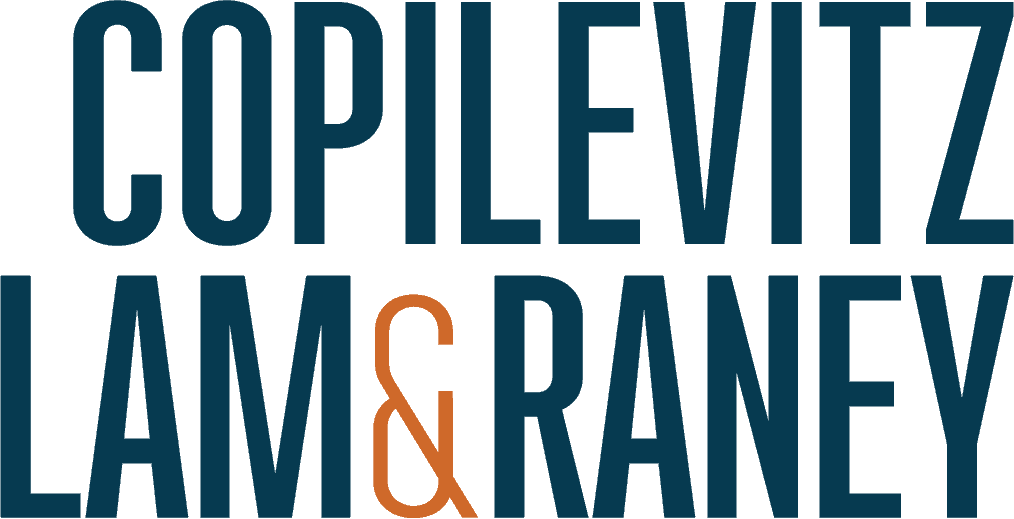As of May 19, 2017 the Federal Trade Commission changed its rule governing “soundboard technology” and is no longer exempt from the Telemarketing Sales Rule. The exemption originated from a 2009 letter and has caused no end to confusion as it bound the FTC, only.
“Soundboard technology” allows a live operator to use snippets of prerecorded voice messages to manage a call with a consumer (i.e. that operator can play common responses to questions or interactions with consumers to conduct a phone call). Even though the call uses prerecorded voice messages, the FTC previously ruled the involvement of the live operator meant the call was considered to be a live voice call, not a prerecorded voice call, for purposes of TSR compliance.
The FTC changed its mind and now requires calls using “soundboard technology” to comply with the rules for prerecorded calls.
The FTC’s ruling and reversal, however, have no effect on the Federal Communications Commission, which administers similar, but not identical, rules for prerecorded calls made to both landlines and cellular telephone lines.
While the FCC and FTC having entered a Memorandum of Understanding in 2003 (renewed in 2015) agreeing to coordinate their telemarketing regulations, some restrictions still differ in key respects 20 or more years after initial passage.
Multiple agencies, rules, exemptions and reversals have caused no end of confusion for some of my clients, and because many of these are known by their acronym, listening to a lawyer or reading an opinion letter can quickly seem like a game of Scrabble™.
In this article, I will attempt to provide definitions for commonly used acronyms, as well as which agencies are responsible for interpretation of which terms in an effort to reduce this confusion (all in a two-page article!)
Automatic telephone dialing system (“ATDS”) is defined as “equipment which has the capacity—(A) to store or produce telephone numbers to be called, using a random or sequential number generator; and (B) to dial such numbers.” 47 U.S.C. § 227(a)(1).
Comment: Whether a dialing system is an ATDS or not is subject to extensive litigation and regulatory “guidance”. If you are attempting to make this determination, you should: 1) review whether the system has the “capacity” to dial numbers without human intervention absent a hardware change, even if that capacity is not currently used; 2) track existing litigation in the D.C. Circuit and elsewhere; and 3) track regulatory guidance on this issue which may change under the leadership of the new FCC Chairman Ajit Pai.
“Do-not-call” list (“DNC”) is a list administered jointly by the FCC and FTC.
Comment: There are state and federal “do-not-call” lists, with exemptions and there is also a requirement that you keep an internal “do-not-call” list of persons who have specifically requested your business not contact them in the future with sales offers. Issues include whether internal “do-not-call” requests applies to affiliates, non-telemarketing calls, and texts.
Established business relationship (“EBR”) is defined at 47 C.F.R. § 64.1200(f)(5) and 16 C.F.R. § 310.2(q).
Comment: EBR is an exemption to the federal do-not-call list, but EBR exemptions vary from state to state. Indiana, for example, has no EBR exemption to its state do-not-call list.
Federal Communications Commission (“FCC”) is the federal agency that administers the Telephone Consumer Protection Act.
Telephone Consumer Protection Act (“TCPA”) of 1991 restricts telemarketing activities, 47 U.S.C. §§ 227 et seq.
Comment: The TCPA has been used in class actions garnering multimillion-dollar settlements. TCPA compliance is of the utmost enforcement given this activity.
Federal Trade Commission (“FTC”) is the federal agency that administers the Telemarketing Sales Rule.
Telemarketing Sales Rule (“TSR”) is the FTC’s regulation on telemarketing authorized by the Telemarketing and Consumer Fraud and Abuse Prevention Act, 15 U.S.C. §§ 6101-6108.
Good luck and DUAE. Don’t use acronyms egregiously.


